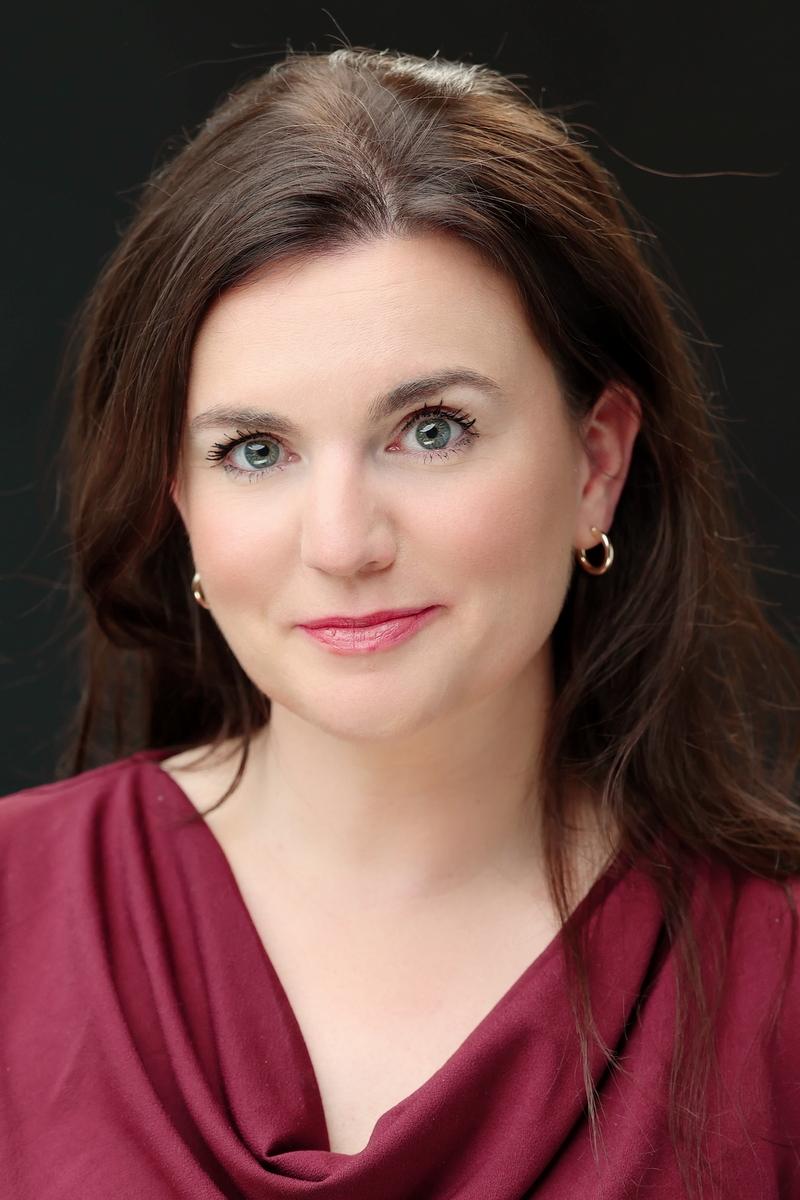
Marquette University Law School is delighted to welcome Professor Felicia Caponigri, whose work lives at the intersection of intellectual property and culture. Her research asks big questions: How does culture shape intellectual property rights—and how do those rights shape our access to culture? From cherished family heirlooms to viral pop culture moments (think Barbie Pink or Tiffany Blue), Professor Caponigri is deeply interested in how communities define, preserve, and express their values. Her scholarship explores everything from trademark disputes in the fashion world to art restitution, brand heritage, and the law’s role in preserving cultural identity. Her teaching and writing frequently dive into Fashion Law, Art Law, and Cultural Heritage Law—fields that blend legal nuance with cultural insight.
This fall, Professor Caponigri will teach Trusts & Estates, a class she’s particularly excited to teach. “Wills, trusts, and inheritance laws are about so much more than money,” she explains. “They’re about how we pass on our stories, our values, and the things—tangible or digital—that matter most to us.” Whether it's a photo album, a handwritten letter, or a social media account, she sees estate planning as a legal and cultural process for shaping legacy. Her classroom will reflect that personal and community-centered approach, encouraging students to think broadly about the law’s role in preserving what we value.
Professor Caponigri was drawn to Marquette for many reasons: its impressive IP faculty, the values of its Jesuit mission, and the vibrant city of Milwaukee, which she remembers fondly from attending Festa Italiana with her mother and grandmother. A proud Italian-American from South Bend, Indiana, with family ties in Chicago and years of experience living in Italy, she brings an international and comparative perspective to her teaching. “From my very first visit, I could see that Marquette Law was a place where rigor and kindness coexisted—where students ask big questions and faculty support each other’s work in meaningful ways,” she says. “It’s a truly engaging and welcoming academic community.” She also sees the classroom as a space of shared discovery: “The best teaching moments come when students share their own insights—when a question about fashion archives or fake handbags opens a broader conversation about what the law protects and why.”
Her advice for students? “Write, write, edit—and then write some more!” she says. “Lawyers don’t just argue in court. They write briefs, memos, blog posts, emails, even texts—and each one is an opportunity to advocate, clarify, and connect. The more students write, the more they learn how they think and communicate that thinking to others.” She encourages students to follow their intellectual curiosity and never be afraid to take a class outside their comfort zone: “It’s never too late to discover a new area of law that interests you. For me, it was IP—and it changed everything.”
Professor Caponigri brings with her an impressive record of scholarship, teaching, and leadership. She previously served as a Visiting Scholar at Chicago-Kent College of Law, where she taught her signature Fashion Law course. From 2019 to 2022, she was the Program Director of Notre Dame Law School’s IP & Technology Program, and later served as its Director of International & Graduate Programs. Her scholarship has appeared in the American University Law Review, the Chicago-Kent Journal of Intellectual Property, the Journal of Intellectual Property Law & Practice, the Cardozo Arts & Entertainment Law Journal, and the International Journal of Constitutional Law, among others. She has published op-eds in The Fashion Law, been interviewed by the BBC, and was cited in the Chicago Monuments Project Final Report. She has lectured across the U.S. and abroad, including at NYU School of Law, the University of Florence, and the IMT School for Advanced Studies in Lucca, Italy, where she earned her Ph.D. in Analysis and Management of Cultural Heritage. She also holds a J.D., magna cum laude, and a B.A., cum laude, from the University of Notre Dame.

